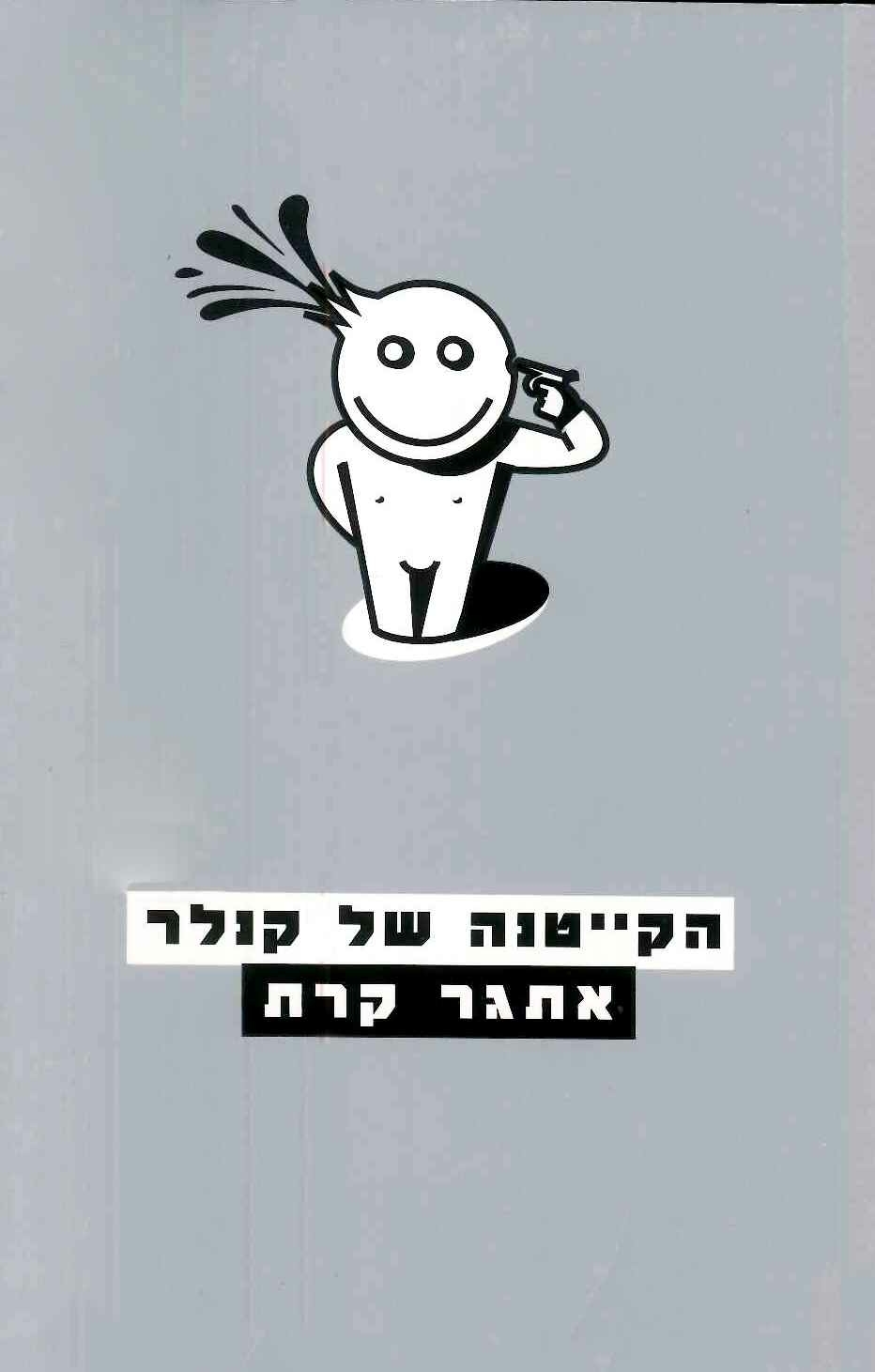
Kneller’s Happy Campers
The title novella can be read as a clever parody, full of humor and comic flashes. But it is also wistful, longing for a better world and perfect love. Etgar Keret is dreaming of a more perfect and beautiful world. This novella can be read as a clever parody, full of humor and comic flashes, yet also wistful, longing for a better world and perfect love. The hero, Hayim, commits suicide and goes to the place where all suicides end up. He soon finds a job in a pizzeria and makes friends. This posthumous world of the suicides is remarkably like ours: there are Jews and Arabs, junk food and Polish food like Mother’s, but it is also possible to create small miracles there. For example, Hayim is “dying” to make a miracle and meet his girlfriend, Desirée, who committed suicide not long after he did. His search for Desirée takes him on a colorful, picaresque journey, full of gripping encounters. The climax is the longed-for meeting with Desirée and the Messiah, who promises to show his followers the way to a better world. Needless to say, the Messiah goofs and lets them down, and Hayim loses Desirée for the second time. An incurable optimist, he keeps longing and hoping.

-
“ Etgar Keret is the most brilliant, the wittiest, most frantic of young Israeli writers.”
-
“ Etgar Keret is furiously contemporary. ”
-
“ Etgar Keret, with his… back to the wall for almost three years of terror, provides us with everything at his disposal – his experience and ghosts – written in a deliberately indifferent style… He turns all this anti-emotional display into his flag, his style, in order to resist… Keret incarnates well the sort of mood that causes young people to crowd bars and pubs despite terrorism. ”
-
“ Keret’s turbo-writing, which easily leaves young American and British authors behind, has led him into a surrealist wonderland. Except that his language remains as cool and ironic as the asphalt beat of here and now. ”
